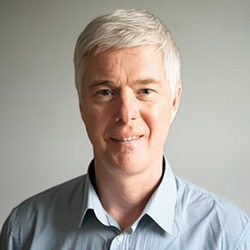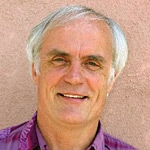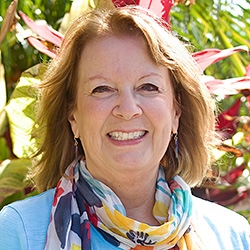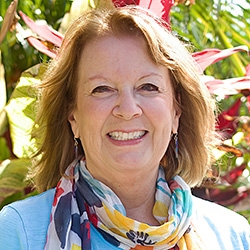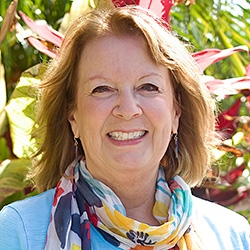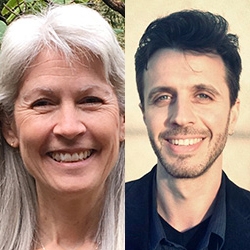
NVC Resources on Healing
-
When someone's in immense pain and uses words that are hard to hear, see if you can bring in as much attention and compassion as you would to someone who was cut with a sword. Focusing on what's important to them, and not so much on how it was said. This may support greater understanding and healing. Otherwise, we risk prioritizing needs, norms, and inequities of the dominant culture, over caring for people who bear the invisible brunt of such norms.
-
Setting boundaries takes being firmly grounded in self-respect and clear about what works for you. This means making conscious choices about how you relate to another or behave in a situation. Such clarity allows you to put your attention and energy where you want it to go. Thus we can have care and compassion without taking responsibility for others, nor feeling guilty when we say “no”. This takes awareness, skills, practice, healing and compassion.
-
Subtle boundary violations are more difficult to catch and name in the moment, than obvious boundary violations. Becoming more aware of these moments and finding the words to set a boundary are critical to supporting healthy relating long-term. Three categories of subtle boundary violations are (1.) lack of mutuality, (2.) voice tone and volume, and (3.) speaking for or about someone. Read on to learn more about all three.
-
We live in a world where there is a lot of anger. It can be a strong and intense emotion that we feel or receive from others sometimes on a daily basis. Whether that's an agitated partner, road rage, or a disgruntled colleague. While we're familiar with this feeling, we're not necessarily well equipped with how to express it in a healthy way. In this month's Life Hack, Shantigarbha takes us through a guided reflection on anger.
-
Kelly Bryson, veteran and loved CNVC Certified Trainer, brings decades of experience to help you jumpstart your Mastery of Fear by using his unusual blend of experiential exercises, humor, empathy, original songs and stories, transformational truth telling, creativity and FRED (Frequency Resonation Energy Dynamics).
-
Trainer Tip: Mary explains the NVC principle known as the "protective use of force."
-
Trainer Tip: When do we move from using the formal 4-step process of NVC to a more idiomatic, natural-sounding expression? Whenever we're ready!
-
We can ask for what we want but if we repeatedly don’t get it from one source, it's our responsibility to find a new way to get it. We don’t honor our relationships when we insist that people who are unavailable or unwilling to support us meet our needs. Read on for related a parable about a woman persistently asking to get milk from a hardware store.
-
In this book excerpt, Kathleen and Jared offer a path to reach deeper clarity, distinguishing between universal needs and strategies.
-
Trainer Tip: If you are motivated by fear, guilt, blame or shame, your actions will usually be motivated by avoiding pain. The best way to experience permanent, lifelong change is to focus on how your life will improve when you make a change. Notice when you attempt to motivate yourself and others with guilt, blame, or shame today, and then look for motivations that enrich life instead.




